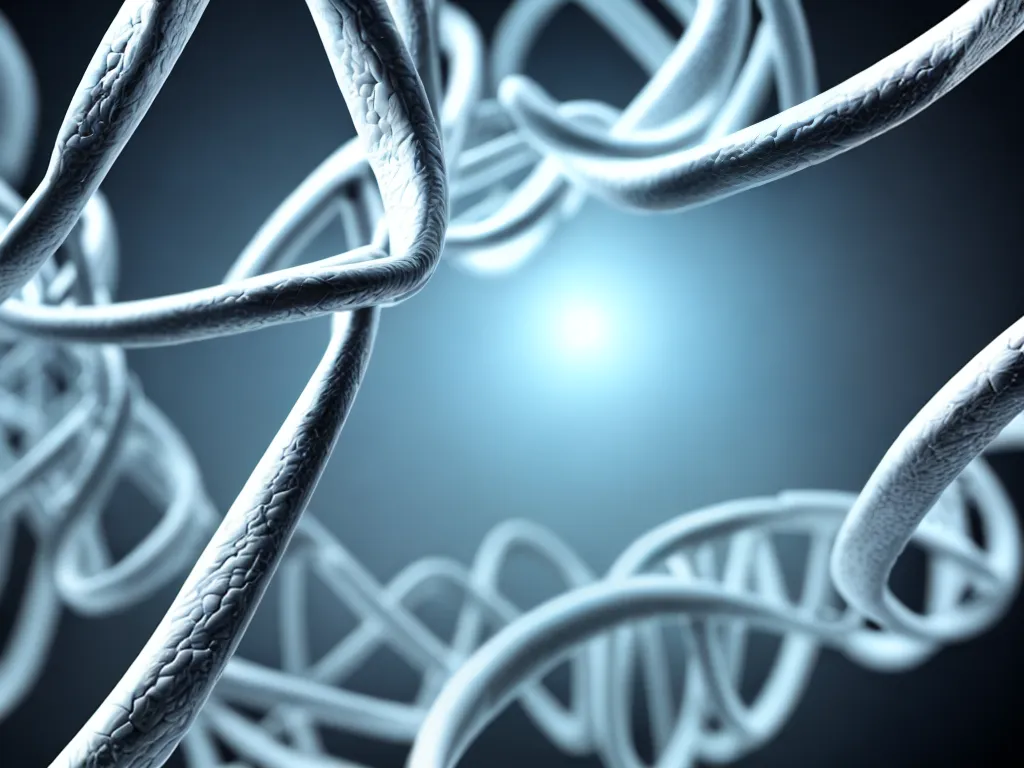
Introduction
DNA testing has become increasingly popular as more people explore their ancestry and family history. While genealogy sites like AncestryDNA and 23andMe provide exciting insights, they also raise important privacy concerns around how your genetic data is collected, shared and secured.
As someone who has taken a DNA test, I want to understand the potential risks and how to protect my DNA privacy. In this article, I will do a deep dive into the key privacy issues around genetic genealogy testing.
How Genealogy Sites Obtain Your DNA Data
When you purchase an at-home DNA test kit from Ancestry, 23andMe or other services, you are asked to provide a saliva or cheek swab sample. Your sample is analyzed and your unique DNA sequence is mapped.
This genetic profile containing your DNA data is then uploaded and stored on the testing company’s database. Some key points:
-
Your DNA data serves as a unique identifier, like a fingerprint. It can be traced back specifically to you.
-
These databases contain DNA profiles from millions of customers. For example, AncestryDNA alone has tested over 15 million people.
-
Genealogy sites use your DNA data along with information like your name and family tree to offer ancestry reports and DNA matching.
Emerging Privacy Risks and Concerns
While genealogy testing provides fascinating insights into your family history, it also carries significant privacy implications which consumers should be aware of. Some key risks include:
Law Enforcement Access
-
Police and government agencies are increasingly utilizing public genealogy databases to solve cold cases through DNA searching.
-
This has helped crack decades old crimes, but also raises concerns around law enforcement access without consent.
Third Party Sharing
-
Genealogy sites may share or sell your genetic data to pharmaceutical companies, research organizations or other third parties.
-
AncestryDNA faced backlash in 2021 when it granted license to its database to the Blackstone Group.
Security and Hacking
-
As with any biometric database, there are risks of databases being hacked and DNA data being stolen.
-
In 2020, MyHeritage suffered a breach exposing 92 million user email addresses.
Insurance and Employer Discrimination
-
There are risks of DNA data being used for discriminatory purposes by insurers, employers and others.
-
Genetic privacy laws lag behind rapid advances in DNA testing.
Protecting Your DNA Privacy
While privacy risks exist, there are steps you can take to better secure your DNA data:
Research Company Reputation and Policies
-
Closely review privacy policies before submitting DNA. 23andMe has a no third-party sharing policy.
-
Seek companies that offer clear consent around data usage.
Limit Sharing Settings
-
Adjust sharing preferences and settings to reduce open access to your data.
-
Opt out of any default family ancestry sharing.
Use an Alias
- Use a pseudonym when registering your DNA kit to limit association with your identity.
Read Terms and Delete Accounts
-
Genealogy sites may retain rights to your data even after you delete your account.
-
Opt to have physical DNA samples destroyed as well.
Avoid Third Party App Integration
-
Be cautious of third party services that link into your ancestry profile and access extensive data.
-
Revoke API access when no longer needed.
Advocate for Stronger Protections
-
There is a need for comprehensive federal genetic privacy legislation in the US, similar to GDPR in Europe.
-
Contact elected representatives to support further consumer protections and limits on use of DNA data.
The Future of DNA Privacy
Genetic testing offers an exciting view into our ancestry, but also unlocks deeply personal data with privacy risks. As genealogy testing expands, it’s important we have an open conversation around emerging concerns like law enforcement access and third party data sharing. With greater consumer education and advocacy, we can work to shape policies that enable us to embrace DNA testing benefits while keeping our genetic data secure.












